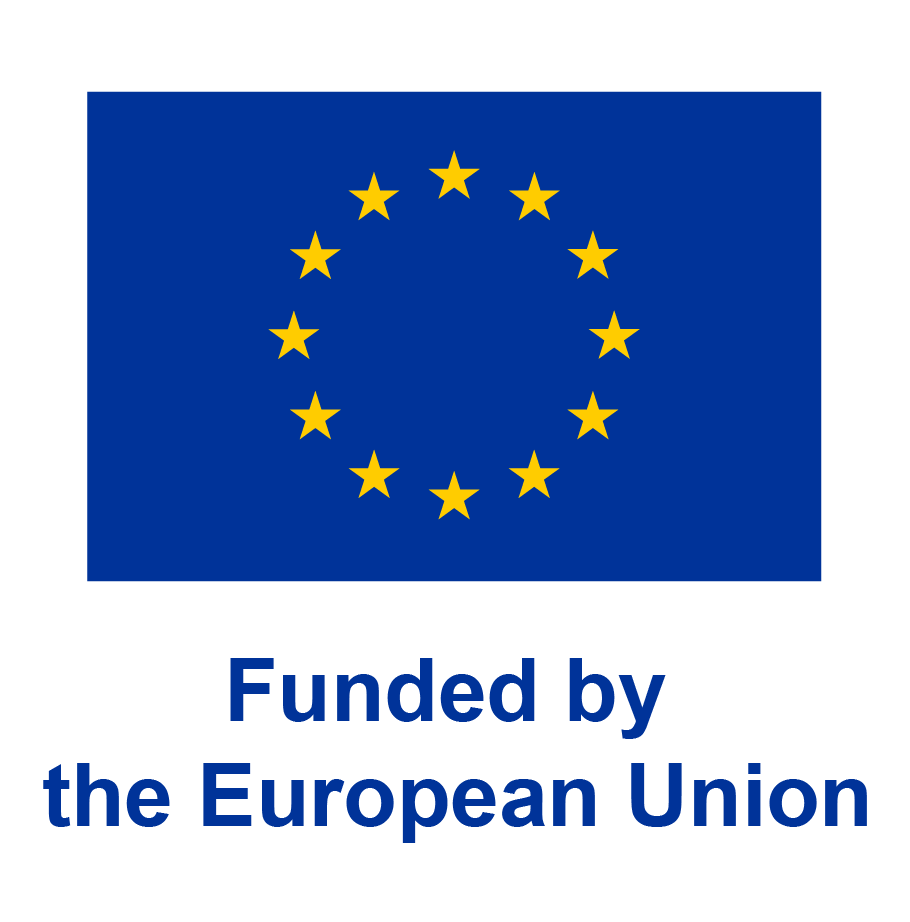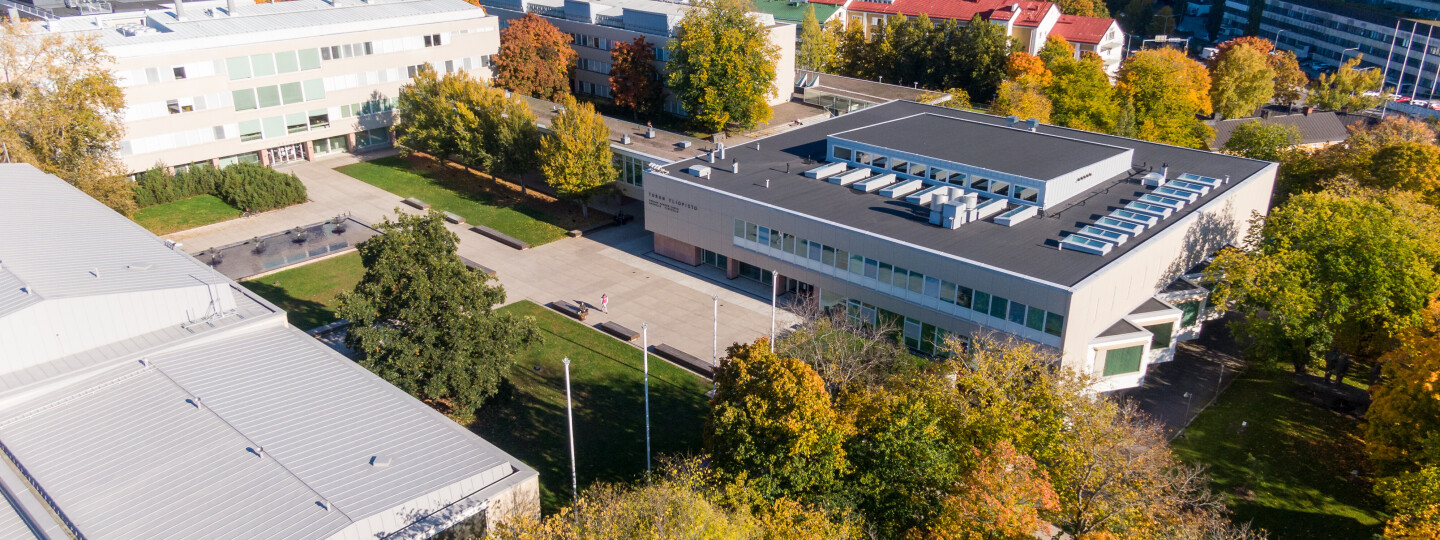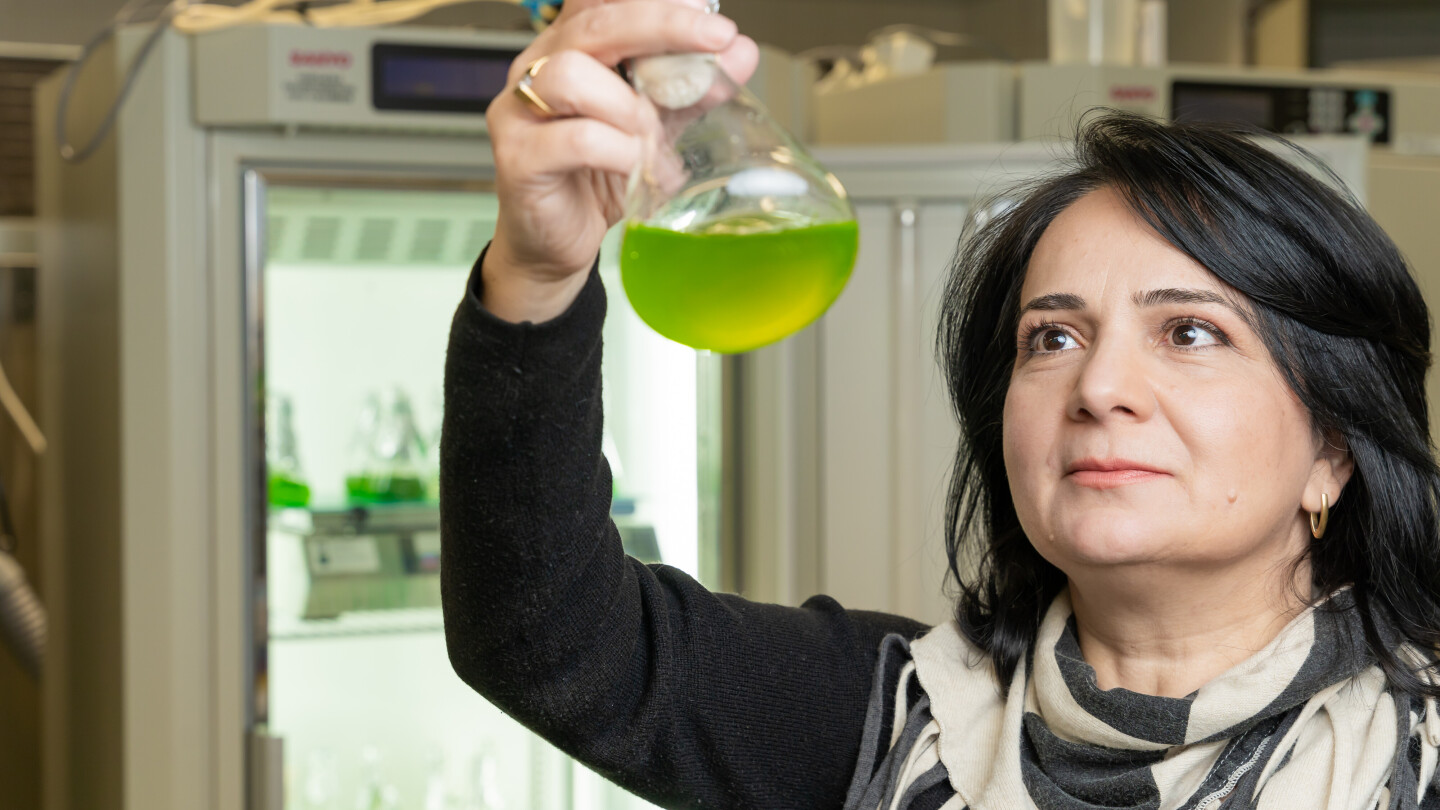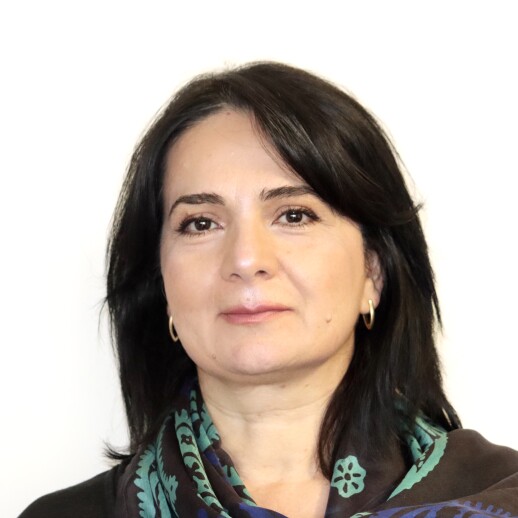This new European research project aims to convert solar energy and CO2 into butanol by unlocking the potential of photosynthetic microbes. The consortium S2B - Solar to Butanol is coordinated by the University of Turku.
The European Commission has granted over 4 Million € in Horizon Europe funding to the S2B - Solar to Butanol consortium coordinated by the Department of Life Technologies at the University of Turku. The University of Turku’s share of the funding is about 1,2 Million €. The funding belongs to the Horizon Europe programme’s Pillar II Cluster 5, which focuses on global challenges related to Climate, Energy and Mobility.
Professor Yagut Allahverdiyeva-Rinne coordinates the new European consortium S2B, which aims to develop innovative technology for direct solar fuels production.
As part of its broader efforts to combat climate change and fulfil its commitments under the Paris Agreement, the European Union has set a target to reach net-zero greenhouse gas emissions by 2050. The focus is on replacing heavy-polluting fossil resources with renewable alternatives.
Biomass, a natural byproduct of photosynthesis, can be converted into energy carriers like biofuels. However, limited biomass supply poses a challenge for large-scale production. Therefore, there is an urgent need to develop advanced, nature-inspired technologies that are more efficient.
S2B aims to develop innovative and scalable technology for fuels production via photosynthesis. The production technology is based on direct conversion of solar energy and atmospheric CO2 into butanol by using photosynthetic microbes.
“Our key technological innovation is a continuous, long-term platform for direct solar butanol production, using advanced photosynthetic cell factories as biocatalysts. The S2B technology will enhance energy conversion efficiency while being sustainable, reducing production costs and ensuring affordability. At the final stage, we are planning to integrate this process with waste effluent and direct air capture approach. This circular economy concept covers the entire value chain from light harvesting and CO2 capture to butanol separation,“ explains professor Yagut Allahverdiyeva-Rinne, the coordinator of the consortium.
“In developing new production technology, our primary focus is enhancing photosynthetic efficiency”, says Allahverdiyeva-Rinne. “Our deep understanding of fundamental photosynthesis allows us to identify bottlenecks and implement strategies to overcome them.”
S2B is working on creating a solid-state architecture for photosynthetic cell factories that functions as solar-powered biocatalyst. “By engineering thin-layer assemblies of cyanobacteria and bio-based matrix materials, we can redirect the cell’s resources, such as energy and carbon flows, for the production of butanol,” says a senior researcher, Sergey Kosourov.
The consortium brings together leading experts from diverse research fields
Professor Allahverdiyeva’s group from the University of Turku and Professor Roberta Croce's team at Amsterdam University, both renowned for their work in photosynthesis, will collaborate with Professor Paul Hudson's metabolic engineering group at SciLifeLab, Stockholm.
Together, they aim to engineer superior cells with enhanced light capture and CO2 fixation, laying the groundwork for an advanced strain optimised for solar-driven butanol production.
The process intensification group (Dr. Guillaume Cogne at Nantes University), the material science team (led by Prof. Chunlin Xu at Åbo Academy), the direct air capture and downstream processing group (Prof. Wim Brilman, University of Twente), and the sustainability analysis team (Prof. Risto Soukka, LUT) will work towards achieving the project’s objectives.
“The project’s final goal is to develop and construct TRL4-level prototypes at the Ruissalo greenhouse in Turku and at Nantes in France, achieving a solar-to-chemical conversion efficiency significantly surpassing current state of the art. This advancement will facilitate a smooth upscaling of the production process, “says Allahverdiyeva-Rinne.
“Horizon Europe's Pillar II projects offer significant funding opportunities for projects that address global challenges and promote international research cooperation. The S2B project is a great example of the excellence needed to meet the challenges defined in this funding programme, and the University of Turku has this level of talent in abundance. We encourage our researchers to apply for Pillar II funding, and applicants will be offered comprehensive support throughout the application process," says Suvi Hentilä, Research Funding Specialist.
The four-year consortium is coordinated by the University of Turku. Other Finnish participants are Åbo Akademi University and Lappeenrannan-Lahden Teknillinen yliopisto, and the European partners are Kungliga Tekniska Högskolan from Sweden, Nantes Universite and ERDYN Consultants Sarl from France, and Stichting VU and Universiteit Twente from Netherlands.
 | Funded by the European Union. Views and opinions expressed are however those of the author(s) only and do not necessarily reflect those of the European Union. Neither the European Union nor the granting authority can be held responsible for them. |






